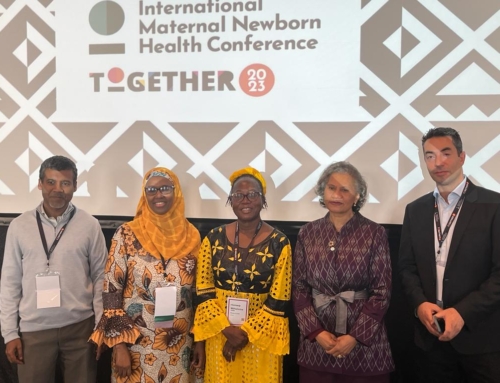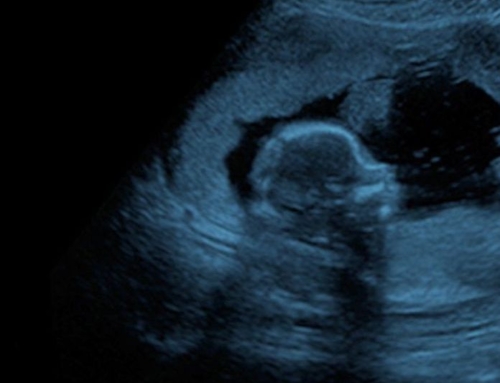What is miscarriage?
Miscarriage is the loss of a pregnancy before 24 weeks. It is more common than many people realise as it affects 1 in 4 pregnancies. Miscarriage is still seen as a taboo topic by many people which often leads couples feeling alone and unsupported. There are many different causes of miscarriage with the majority being beyond your control. It is important to remember that miscarriage is not your fault and often nothing could have been done to prevent it.
How do I know if I am having a miscarriage?
There are a range of symptoms that could indicate a miscarriage including:
- Pain in your stomach
- Bleeding from your vagina that gets heavier
- Cramps in your stomach
- An ache in your back
If you experience any of these symptoms it is important to contact your healthcare service or go to the local hospital immediately. Whilst these symptoms will not always lead to a miscarriage it is important to get checked. Once you are at the hospital the doctor will perform an ultrasound and vaginal examination to see if you are having a miscarriage.
What happens after a miscarriage?
Following a miscarriage, it is important to look after yourself physically and mentally whilst remembering you are not alone, there are thousands of couples going through the exact same thing. If you are struggling to deal with your loss, try to reach out to friends and family so they are able to support you.
If you don’t feel able to do this or this isn’t working for you there are many support groups available and charities in the UK offering bereavement counselling. Details of support services available can be found at the end.
From a physical point of view, it is important to look out for any signs of infection. This may include fever, pain, chills or bleeding. It is very common for some spotting or discomfort to occur after but if you think you have any signs of infection you should contact your healthcare service immediately.
Can I get pregnant after a miscarriage?
After a miscarriage approximately 9 in 10 women go on to have normal births and pregnancies. Only 1 in 100 women will have repeated miscarriages (more than 3). If you wish to get pregnant again after a miscarriage it may be advisable to talk to your health service provider about when you should start trying. Depending on the reason for your miscarriage it may be advisable to start treatment before trying in order to reduce your chance of another.
Malawi based support services
The following organisations may be able to support you, or someone you know, if you have experienced miscarriage or baby loss.
Wandikweza https://www.wandikweza.org/
When the Saints, https://www.whenthesaints.com/
Passion for Women and Children https://pawocmalawi.weebly.com/about-pawoc.html
FPAM. https://www.fpamalawi.org/
Harmony (Dr Chioza) +265 888200222 *Please note this is a fee paying service https://www.facebook.com/Harmony-Mental-Wellness-Solutions-105724304171317/
Advice for healthcare professionals:
When discussing miscarriage with couples it is important to remember how devastating this loss can be. Many women may feel as though they did something wrong or could have done something to prevent it, however, this is most often not the case. It is therefore important that you listen to her concerns and validate her feelings, allowing her to start the grieving process. As a healthcare professional you can have a significant impact on the grieving couple and so it is crucial you are compassionate and approach conversations in a respectful manner.
Research on treating bleeding in pregnancy and miscarriage.
Around 1 in 4 women will experience bleeding in the first trimester of pregnancy (1) and there are several possible causes. Possible causes include (2):
- Implantation bleeding
- Bleeding from the cervix
- Miscarriage
- Ectopic pregnancy
- Molar pregnancy
One of the key hormones necessary for the maintenance of pregnancy is progesterone. It had been suggested that the administration of progesterone among women with bleeding in early pregnancy could prevent miscarriage. “We conducted a multicenter, randomized, double-blind, placebo-controlled trial” on 4153 women. Results showed that 75% of live births occurred after 34 weeks in the progesterone group and 72% in the placebo group. On statistical analysis there is no significant difference between these groups (3).
Around 10-20% of all pregnancies can end in miscarriage.
In the event of bleeding in early pregnancy seek medical advice.
Miscarriage is also known as spontaneous abortion, among medical professionals. In the case of miscarriage, it is important seek medical advice to ensure there are no retained products of conception.
In some cases of miscarriage surgical intervention is necessary to remove any retained products of conception. One of the main surgical complications is the risk of pelvic infection. We conducted a trial to see whether giving women antibiotics prophylactically 2 hours before the surgery reduced the rates of pelvic infection. One group had doxycycline 400mg + metronidazole 400mg the other group had a placebo. Our results showed that there was no significant reduction of 14-day post-surgery infection risk (4).
Bibliography
1. First Trimester Bleeding: Evaluation and Management. Hendriks E, MacNaughton H, MacKenzie MC. 3, s.l. : American Family Physician , 2019, Vol. 99.
2. Department of health Government of Western Australia. Bleeding or pain in early pregnancy. Healthy WA. [Online] [Cited: April 20, 2020.] https://healthywa.wa.gov.au/Articles/A_E/Bleeding-or-pain-in-early-pregnancy.
3. A Randomized Trial of Progesterone in Women with Bleeding in Early Pregnancy. Coomarasamy, Arri, et al. s.l. : The New England Journal of Medicine, 2019, Vol. 380.
4. A Randomized Trial of Prophylactic Antibiotics for Miscarriage Surgery. Lissauer, David, et al. s.l. : The New England Journal of Medicine, 2019, Vol. 380.
UK Support Services:
The Miscarriage Association – www.miscarriageassociation.org.uk
Sands Emotional Support Information – https://www.sands.org.uk/support/bereavement-support
Tommy’s Midwife Bereavement Support Line – 0800 014 7800





